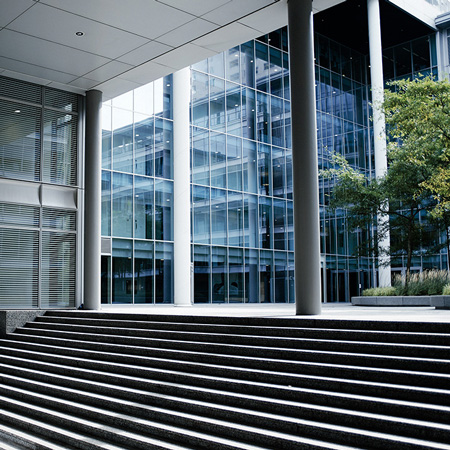The Netherlands is a front-runner in climate change civil litigation. Companies should be aware that there have been important developments in this field that are globally relevant.
In the
Urgenda judgment, the Supreme Court ordered the Dutch state to reduce its greenhouse gas emissions. Shell also had proceedings in which plaintiffs had requested a similar court order. On
26 May 2021, the Hague District Court ruled that Royal Dutch Shell has an obligation to reduce the Shell group's (RDS and the other Shell companies) Scope 1 through 3 CO2 emissions with 45% by 2030 compared to its emissions in 2019.
Urgenda
Both the Urgenda judgment and the Shell proceedings set important precedents. We expect more climate change litigation due to a significant increase in government climate change policies (following, among other things, the Urgenda judgment) imposing stricter and more enforceable obligations on companies. There is also an increasing trend of soft law commitments (guidelines, codes of conduct, non-binding and binding declarations) that could indirectly create civil law obligations for companies.
Climate liability
The Netherlands is a popular jurisdiction for environmental NGOs to initiate climate change actions. The Netherlands plans to enact stricter and more enforceable regulatory obligations related to climate change. The risks of both regulatory and civil liability will increase when this happens. Companies should therefore develop policies to mitigate their exposure to climate change risks, including liability risks. Litigation prevention is key and
Houthoff can work with clients to identify, avoid and navigate the complexities of climate change liability and litigation risks.





